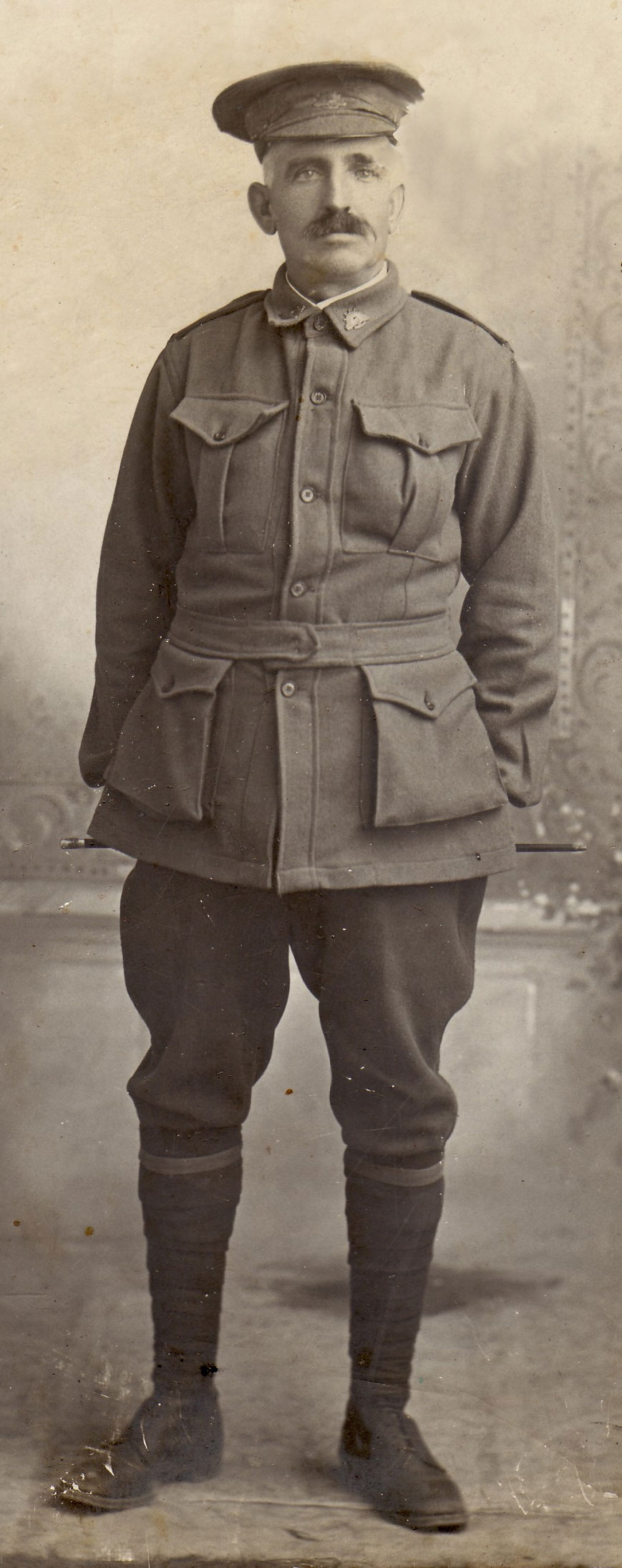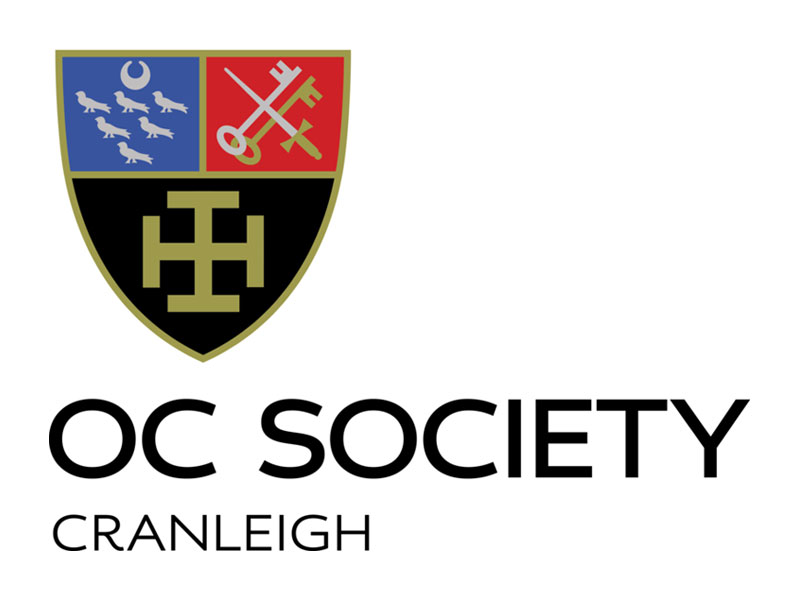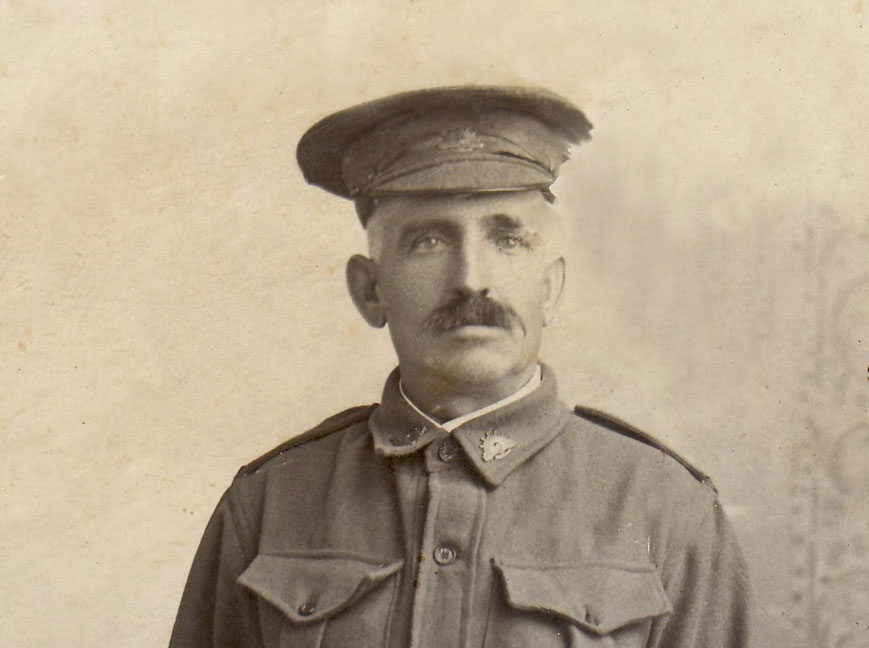
Martin Williamson writes: A year or so ago I was reading about a naval encounter at the start of World War One and happened across a mention of an officer on HMS Cressy, Philip Kell, who was killed and the book referred to him as a former pupil at Cranleigh in the 1880s. I was interested to know a little more about him and was surprised to see he was not listed in the Memorial Book in the chapel or on the panels in the pavilion.
I was able to see from the registers in the archives that Kell had an older brother, Herbert, who had also gone to Cranleigh and some light digging unearthed the fact he too had been killed in the war and was not on the memorials. Checking a random sample of register entries showed that there were others.
The superb Commonwealth War Graves Commission website lists details of those who fell in the two wars and where they are buried. It was soon apparent the only way of checking who might have been missed was to plough through the large, dusty and at times semi-legible registers and check each entry against the website.
Even then, often the website only contains scant details of the fallen and so a long system of cross-checking with other ancestry sites and the web in general helps eliminate or confirm possible omissions.
I am now about two-thirds of the way through the checking – sometimes it can take hours on just one name – and have found 42 names missing off the 1914-18 list and another four off the one for 1939-45.
At some point when the names are finally cross-checked and confirmed the School memorials will need to be updated. It would also be fitting if those who died but were never commemorated were read out in the chapel as was the case when news arrived of another OC death in the wars.
There has been a bonus to the checking in that people have been unearthed who we would otherwise not have known about. An example is in another article in this magazine – the three Old Cranleighans who played football for England, including one who was a three-time FA Cup winner. There is also an OC who captained the West Indies at cricket …
I have been asked how it was possible so many names were missed. It is quite simple really. In those days the OC Society was small (the membership was around 500 of the 3000+ who had gone through Cranleigh and were alive) and unless people actively remained in touch with School or contemporaries, they were soon forgotten.
A very high number moved abroad – Canada and Australia the main destinations – and so lost touch. Also there were a lot of pupils who stayed briefly. Transport was poor so if their parents moved, they moved school too. And many left at 16 or younger to start work.
What is remarkable is that so many were actually commemorated in the first place.

